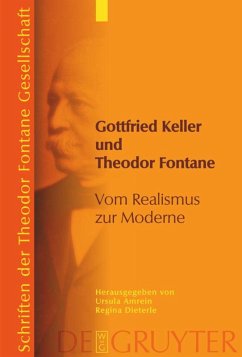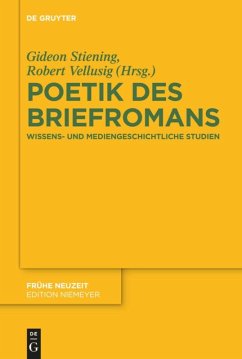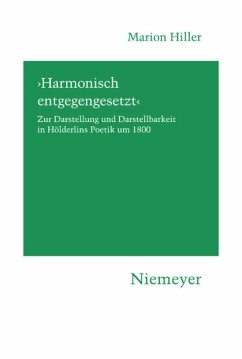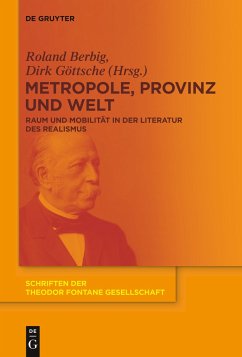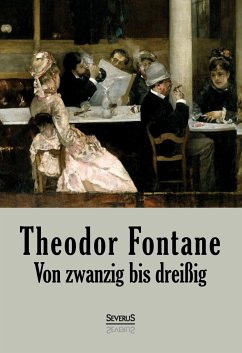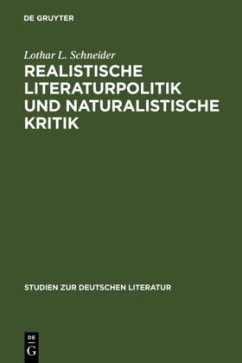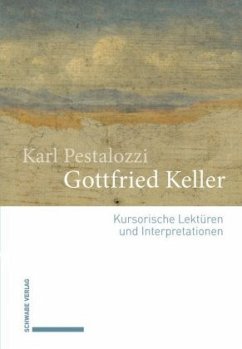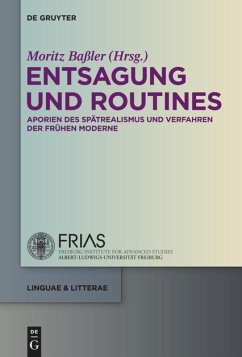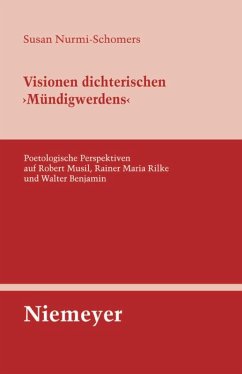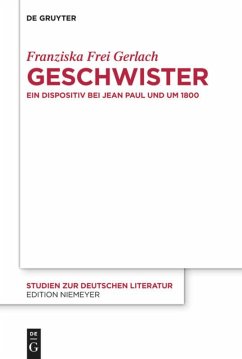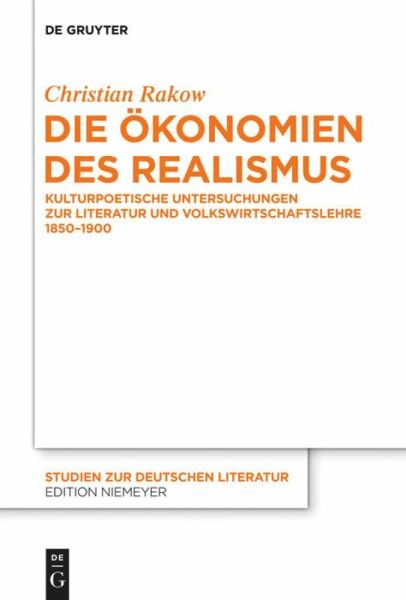
Die Ökonomien des Realismus
Kulturpoetische Untersuchungen zur Literatur und Volkswirtschaftslehre 1850-1900

PAYBACK Punkte
0 °P sammeln!
The literature of realism from 1850 to 1900 has maintained a lively exchange of knowledge across the disciplinary boundaries of economics and literary studies. While the literary world has appropriated the vocabulary of economics in order to lend factual plausibility to fiction, economics has often resorted to literary devices in its narratives. This study examines this system of relationships as they are manifest in the discourse of realism. It describes a trans-disciplinary poetology of realism and portrays a realm of institutional economic thought with rich humanist content.
Die Literatur des Realismus in Deutschland 1850 bis 1900 vollzieht einen regen Wissensaustausch über Diskursgrenzen hinweg. Während die Belletristik Gedankenfiguren der zeitgenössischen Volkswirtschaftslehre aneignet, um fiktionale Geschichten mit sachlicher Plausibilität auszustatten, greift der ökonomische Diskurs auf literarische Verfahren für die eigene Wissensdarstellung zurück. Die Studie untersucht dieses Beziehungsgeflecht innerhalb der realistischen Diskursivität an Prosawerken von Literaten wie Wilhelm Raabe, Gottfried Keller, Gustav Freytag und Friedrich Spielhagen sowie nationalökonomischen Texten von Wilhelm Roscher und Gustav Schmoller. Sie bestimmt die diskursübergreifende Poetologie des Realismus und schildert dabei zugleich ein kulturwissenschaftlich gehaltvolles Wirtschaftsdenken, das historistisch, institutionalistisch und ordnungspolitisch argumentiert und im Ganzen eine antisystemische Alternative zu marktwirtschaftlichen Analysen in der Traditionslinie von Adam Smith bis Carl Menger und zur sozialistischen Theorie von Karl Marx abgibt.





